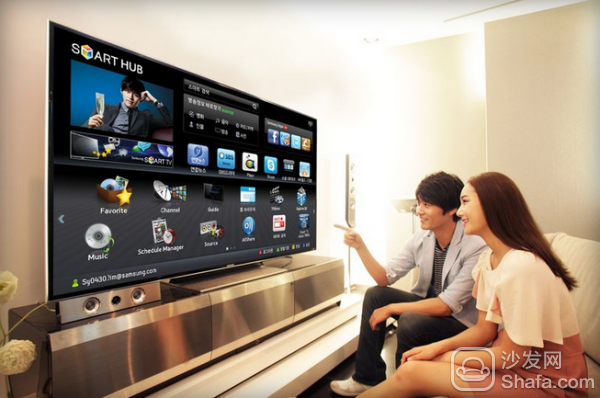
This move is very dissatisfied for users who use third-party video applications (such as Plex and Foxtel), and they are sometimes interrupted by advertisements that pop up. A Samsung smart TV owner wrote on Foxtel's customer support forum:
"If I were watching live TV, the TV screen would turn white after 15 minutes, and Pepsi ads occupying half the screen of the TV would pop up. Now watching TV is like browsing through the pop-up ads."
Just last month, Samsung also received a lot of complaints. Users saw pop-up ads when they watched Yahoo. Samsung explained that these advertisements are only displayed on the user's TV screen after confirmation by both parties, but at the same time they also indicated that they would cooperate with Yahoo to further improve the system.

Select menu button to enter Smart Hub Terms Policy Yahoo Privacy Policy
If you choose "I don't agree with Yahoo Privacy Bulletin", you won't receive pop-up ads anymore. But to be honest, this option is hidden in the menu of Samsung TV. If there is no reminder, it is difficult for the user to find the corresponding option. It seems that Samsung is intentional.
The Samsung Australia branch told foreign media CNET that users in the country are able to see advertisements because of recent software upgrades. These advertisements are not actually appearing in the Australian market. Therefore, Samsung did not say that it was unplanned to push these advertisements, but that they did not plan to push in the Australian market.
The Internet gives consumers more choices. They can watch what they want to watch on TV, and they can also choose to watch the time. In theory, the emergence of smart TV is very meaningful.
However, companies such as Samsung and LG have once again caused dissatisfaction among consumers, and they also seem to deviate from the real "smart" direction - imposing privacy policies, clumsy software, and overwhelming advertisements.
Maybe we really should take out the old television in our house.
Recommended installation sofa butler, download address: http://app.shafa.com/
